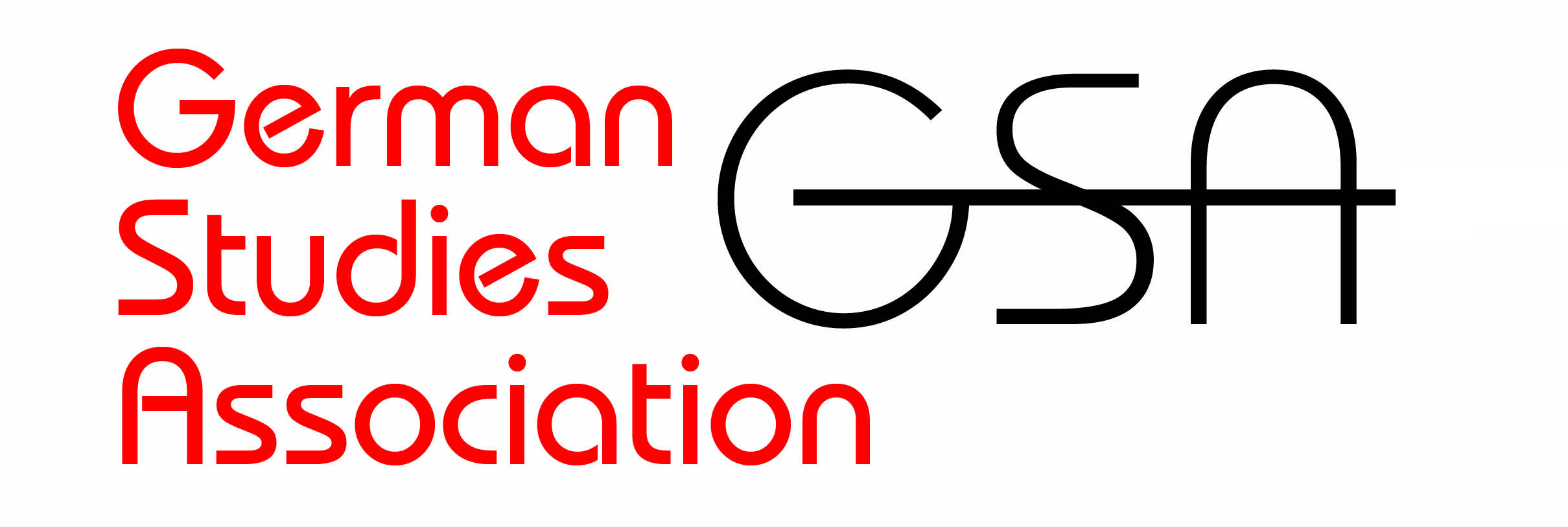Deadline for Proposals: February 15, 2015
Violence, Oppression, and Civil Disobedience: From the Cold War Past to the Neoliberal Present
The year 2015 marks the 25th anniversary of the unification of Germany as well as dramatic moments of civil disobedience across the globe. In the same year, for example, Mandela was freed from prison in South Africa and the Persian Gulf War started. The year 2015 is also the 50th anniversary of the end of the Frankfurt Auschwitz Trials in West Germany, a year that saw American troops arriving in Vietnam, the Watts Riots in LA, and Malcolm X's assassination. These events signify important transitional moments ' beginnings and endings ' in national and international histories and relations. At the center of each of these moments of civil disobedience are both violence and oppression.
The fourth annual workshop of the Berlin Program for Advanced German and European Studies will look through German eyes at violence, oppression, and civil disobedience on a global scale from the Cold War past to the Neoliberal present. How have Germans'East, West, unified'engaged in or responded to violence and oppression in their own countries/country and abroad since 1945? To what extent does the Second World War or first-hand experience of Communism affect views of and responses to such events, including individual proclivity toward or rejection of civil disobedience? What can we learn from these events about our situation today: Where we are, how we got here, and how our current situation relates to the past and future?
Possible topics include, but are not limited to, German practical, verbal, textual, visual responses to or involvement with wars, coups, and revolts; terrorism; state violence; and civil disobedience ranging from anti-war and civil rights protests to squatting. For instance, what are the legacies of failed protests such as the East German uprising in 1953, the West German mass protest against rearmament in 1955 or the introduction of the Hartz IV reforms in 2005? Was the effectiveness of the Solidarno?? August strikes in 1980 or the poll tax riots in Great Britain in 1990 seen as a model of civil disobedience that could bring about change? What is the political significance of works such as G'nter Wallraff's 'Ganz unten' ('The Lowest of the Low') published in 1985? Can writing constitute an act of resistance (a question with particular relevance to scholars)?
- FORMAT: This workshop seeks participants from a broad array of disciplines whose work intersects with German Studies, including fields such as Anthropology, Art History, Film Studies, Gender Studies, History, Philosophy, Political Science, and Sociology. The event serves as a forum for Berlin Program fellows and alumni, but invites participation of all other doctoral students, postdoctoral scholars, as well as non-tenured and tenured professors.
- APPLICATION, DEADLINE, NOTIFICATION: Submit a 250-word abstract and a short, two-page curriculum vitae (including position, department and institution; Ph.D. candidates: please include the date of your ABD) in one pdf via email by February 15, 2015 to: bprogram@zedat.fu-berlin.de. Accepted presenters will be notified in mid-March 2015.
- REQUIREMENTS: Presenters are required to submit a 25-page paper (MLA style) or an existing publication of similar length (i.e., chapter, article, etc.) and a one-page bio for circulation to workshop participants by May 31, 2015. All workshop participants are asked to read these submissions prior to the workshop. A selection of two or three optional background readings will also be circulated. Presenters who do not meet the submission deadline will not be able to present their work.
- SUGGESTIONS FOR BACKGROUND READINGS: Presenters will be invited to suggest one text (max. 25 pages) for the optional background reading list.
- WORKSHOP LANGUAGE: English.
- WORKSHOP VENUE is the Freie Universit't Berlin
Seminarzentrum, Room L 115 (ground floor), Otto-von-Simson-Str. 26, 14195 Berlin. - FEES: Participation in the workshop is free of charge.
- TRAVEL & ACCOMMODATION: Participants are responsible for organizing and paying for their travel and accommodation. We encourage participants to seek funding from their home institutions or alternative sources to cover those costs. Detailed information on logistical matters (hotels, public transport etc.) will be provided to participants with their acceptance notification.
- COFFEE BREAKS & LUNCH will be provided.
PROGRAM COMMITTEE
Dr. April Eisman | Iowa State University
Karin Goihl | Freie Universit't Berlin, Berlin Program
Dr. Thomas Haakenson | California College of the Arts
Dr. Jenny W'stenberg | Freie Universit't Berlin / EBS University Wiesbaden
